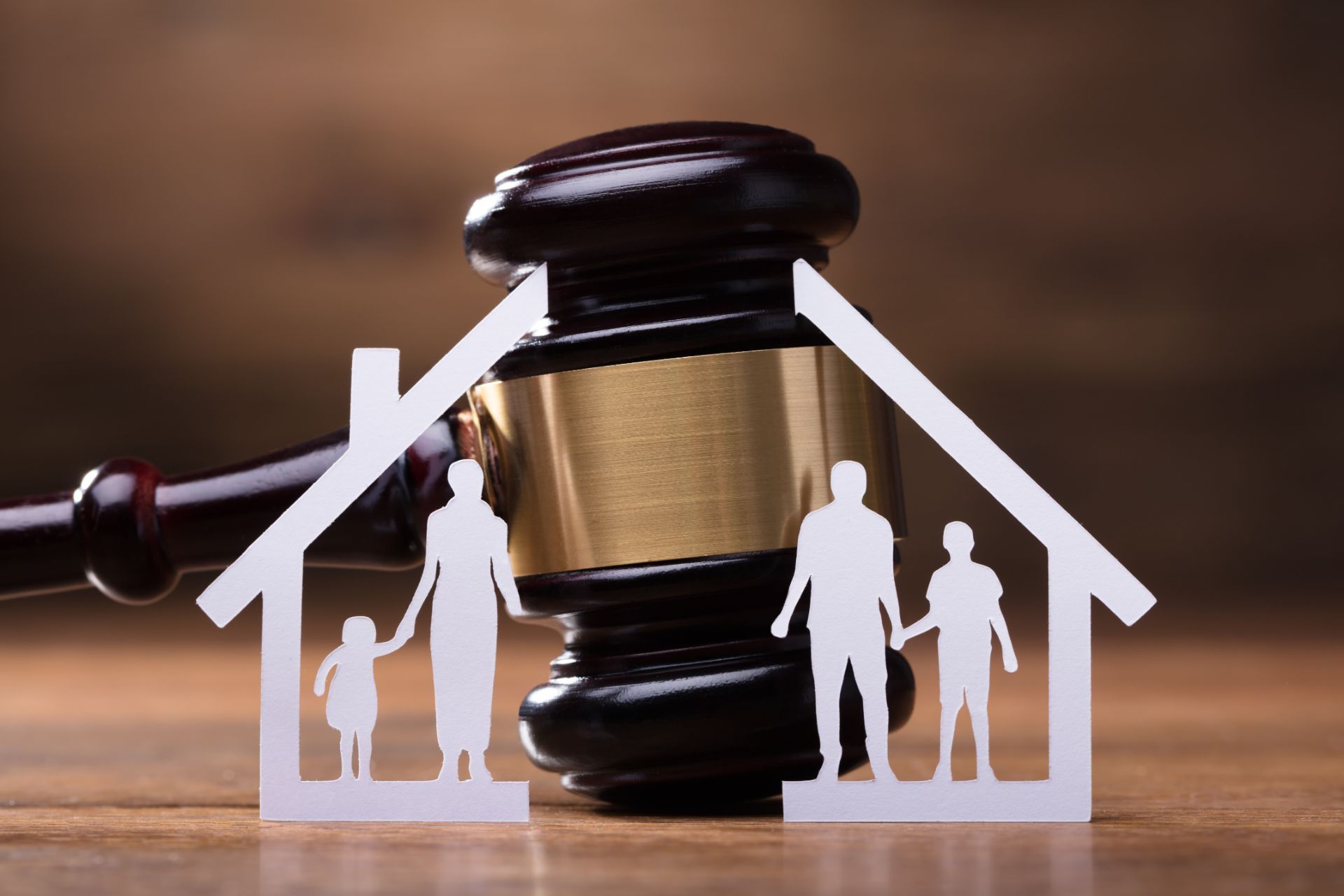Custody in New York
Custody in New York
In New York, child custody is viewed by the courts in terms of “Legal Custody” and “Physical Custody” or “Residential Custody”.
The other aspect of custody addresses if one parent has “Sole Custody,” or if the parents share “Joint Custody”.
There are also several variations of sole and joint custody, including “Spheres of influence” and joint custody with “final decision making” to one parent.
An agreement must be made, or the court must order how custody will be shared between parents.
Here's an overview of key child custody information for divorcing parents as well as parents desiring physical and/or legal custody of their child.

Understanding Child Custody Laws in New York
In New York, the courts will determine custody and visitation based on a determination as to what is in the best interests of the child. This is called the "best interest of the child” standard. Child custody cases are decided on a case-by-case basis.
Custody issues are addressed in court during divorces, between unmarried parents, and often subsequent to divorce proceedings. Once a custody agreement is entered into, or the court has decided custody, a parent who desires to change the agreement or order, must first show a “substantial change in circumstances” before the court addresses if a change in custody or visitation is in the best interests of the child.
Types of Child Custody in New York
There are several different aspects to child custody in New York. These include:
- Legal custody. Legal Custody involves which parent will be making major decisions regarding their child’s education, religious matters and medical issues.
- Physical custody. Physical or Residential Custody entails which parent the child lives with, and addresses the non-physical custodial parent’s visitation (now called “parenting time”) rights.
- Sole physical custody. This is where the child resides with one parent, subject to the other parent’s parenting time (visitation) schedule.
- Joint physical (residential) custody. Joint physical or residential custody entails the parents sharing physical custody, based on a schedule involving 50% of the time with the child for each parent.
- Sole legal custody. Sole legal custody is when one parent makes all major decisions involving medical issues, religion and educational issues as to the child. The court often requires this parent to have a “meaningful consultation” with the other parent before making such decisions, as well as informing the other parent of all major decisions involving the child.
- Joint legal custody. Joint legal custody entails the parents having meaningful consultation as to major decisions as defined above. Court’s often order that parents be the tie breaker, or “final decision maker,” for situations wherein the parents cannot agree on the best interests of the child. Spheres of influence allows one or the other parent to be the “final decision maker” for one or more aspects of the child’s life (educational, medical or religious).
New York Custody Laws and Best Interests
Under New York law, the child's best interest is the most important factor when considering which parent receives physical and/or legal custody.
Custody laws in New York outline that there are specific factors that constitute the best interests of the child. A court will consider the following factors and how they relate to the child's best interests. Best interests can include:
- Where the child has been primarily residing
- Whether there are domestic violence issues in the family
- Whether either parent has issues with alcohol or drugs
- If there exists a strong bond between the child and a parent
- The mental and physical health and stability of each parent
Pursuing Child Custody in New York
In addition to the factors above, a court also considers the "totality of the circumstances" when determining which parent is more likely to promote a child's best interests.
In most custody cases in New York, one factor is not determinative of the child’s best interests or the custodial arrangement. However, if a child has lived with one parent for many years and is happy and thriving in that environment, a court will be reluctant to disrupt the status quo.
Before deciding on a course of action, consider the factors listed above when considering the child custody laws of New York. If you feel many of them point toward your ex-spouse, then you may want to settle your case rather than litigating it in court.
New York State has several types of child custody agreements, now called parenting plans by some New York courts. If you are settling your divorce case, you can settle all issues relating to the children, including custody and visitation rights.
Does a Child have a Say in Custody Issues in New York?
In a custody proceeding, in New York, a child will be assigned an attorney, known as the Attorney For the Child (AFC).
Substituting judgment. In New York, the general rule is that if a child is 7-years old or younger (the age can vary based on the child’s ability to clearly articulate their position,) the AFC will use their judgment to decide the best interests of the child. As a practical matter, this means that the AFC will advocate in court for what they believe is in the child’s best interest.
Direct Representation.
In New York, as a general rule if the child is 7-years old or older, (the age can vary based on the child’s ability to clearly articulate their position), the AFC will directly represent the desires of the child (their client) as to custody and parenting time issues. There are exceptions to this general rule, usually involving safety issues.
Let Dana Stricker Law Help You Today!


